'Address the root cause of hair discrimination'
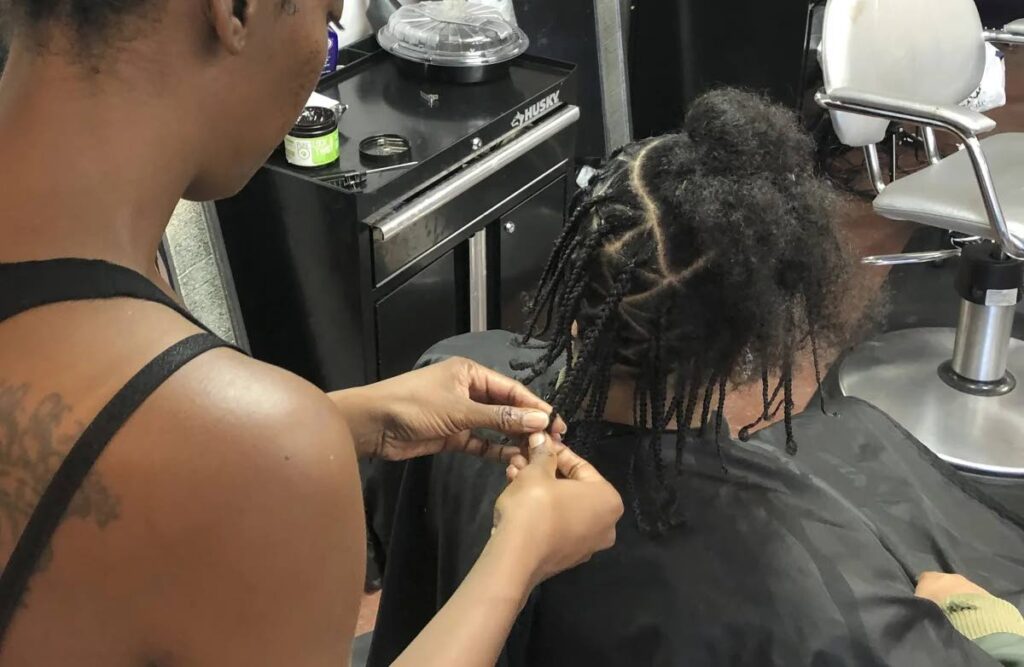
In a bid to confront the longstanding issue of hair discrimination within schools, the Ministry of Education recently released a set of revised guidelines aimed at fostering inclusivity and challenging the unfair targeting of students based on their hair texture, style, or cultural practices.
But while this initiative may appear to be a significant step towards rectifying the problem, it has unveiled a deeper-rooted concern – the prevalent issue of hair discrimination in educational institutions.
As of September, a national school hair code is to come into effect.
This change was triggered after a group of boys at Trinity College, Moka were excluded from their graduation ceremony because of their cornrow hairstyles. In response to public criticism, the school’s administration said the boys failed to abide by the school’s hair requirements.
The new guidelines were released on July 6, after consultations hosted by the ministry with the TT Unified Teachers Association (TTUTA), the Tobago House of Assembly, Parent Teacher Association and other stakeholders.
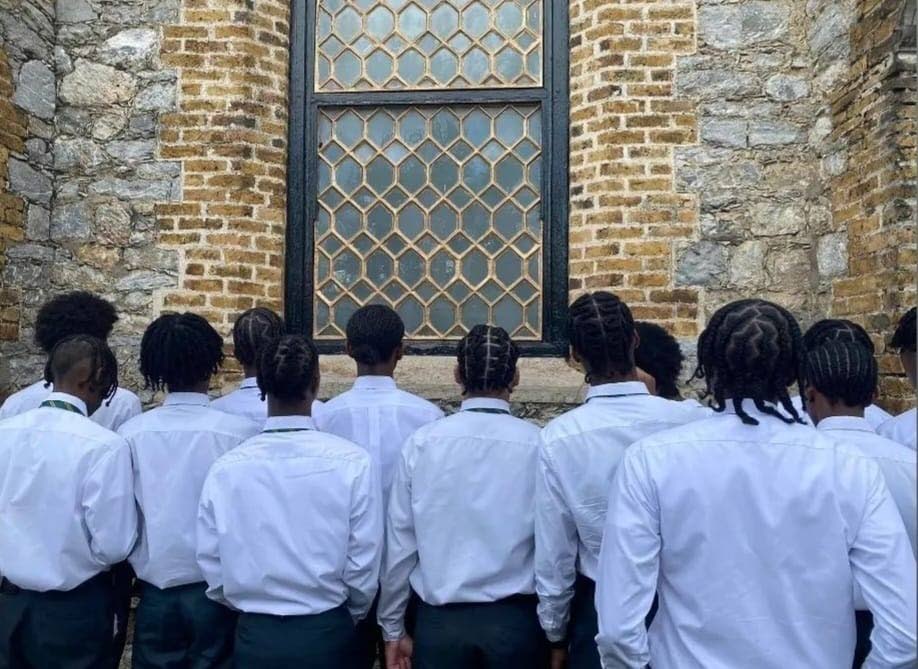
They allow weave, braids, locs, twists, plaits, afros and cornrows, in compliance with individual school hair rules.
Wigs, obstructive hairstyles, brow marking, eyelash extensions and dyed or coloured hair are among the styles students are not allowed to wear.
In exceptional cases, as determined by the school principal, approval may be granted to students, the ministry explained in a release.
Other advocates Newsday spoke with argued that these guidelines are merely a superficial "plaster" that falls short of addressing the underlying issues.
Kambon: 'Relic of colonialism'
Shabaka Kambon, Caribbean Freedom Project director and Emancipation Support Committee member, feels it has become increasingly important to examine whether these new guidelines will successfully address the real problem, or if a more concerted effort is necessary to ensure true equality and acceptance for all students.
Speaking to Newsday on Monday, Kambon said stakeholders have to use this opportunity so that when they engage the ministry in this matter both ministers (in education ministry) will agree that TT has to do the work to move away from the colonial stereotypes regarding natural hair.
He said the issue of discrimination against natural hairstyles is not just about grooming, but about racial discrimination stemming from the colonial past.

Kambon believes it reflects a fundamentally racist belief that African hair and hairstyles are inappropriate for formal settings. He called for cultural sensitisation, awareness-raising, and decolonisation in education to ensure fundamental rights are not denied.
He said new guidelines, court settlements or legislation are not the only remedies.
“The unfortunate thing about this issue is that up to today, many still think it is about discipline and hair grooming, when it is really about racial discrimination stemming from our inability to confront the epistemic violence of our colonial past.
“If we are honest with ourselves, Trinidadians will own the phrase 'bad hair' and admit that we live in a space where there is a widespread, pernicious and fundamentally racist belief that the hair and hairstyles associated with African people are not suitable for formal settings and are intrinsically messy, unkempt, unhygienic and even disruptive."
He argued that the concept of "bad hair" is "what allowed us to uphold hegemonic standards grounded in white supremacy, even as we became aware of the dangers associated with chemical relaxers and the long-term crippling psychological impacts of anti-afro attitudes on our children’s self-esteem and education."
The hair code, he believes, is not the answer to the problem, but only "the beginning of a dialogue to create rules that are just beneficial to all races."
But, he added, “Once it's handled well, it can have a great impact on the whole society.”
He has written to Education Minister Dr Nyan Gadsby-Dolly about working with her to support the establishment of a cultural sensitisation course for administrators.
Natural hair advocate: It can be internalised racism
Another advocate, Zakiya Mills, founder of the Natural Hair Health and Beauty Show, expressed concern about the recent incident.
Initially, she assumed the young men who had been singled out were not properly groomed, but on seeing their photos, she was shocked to find their hair was perfectly neat.
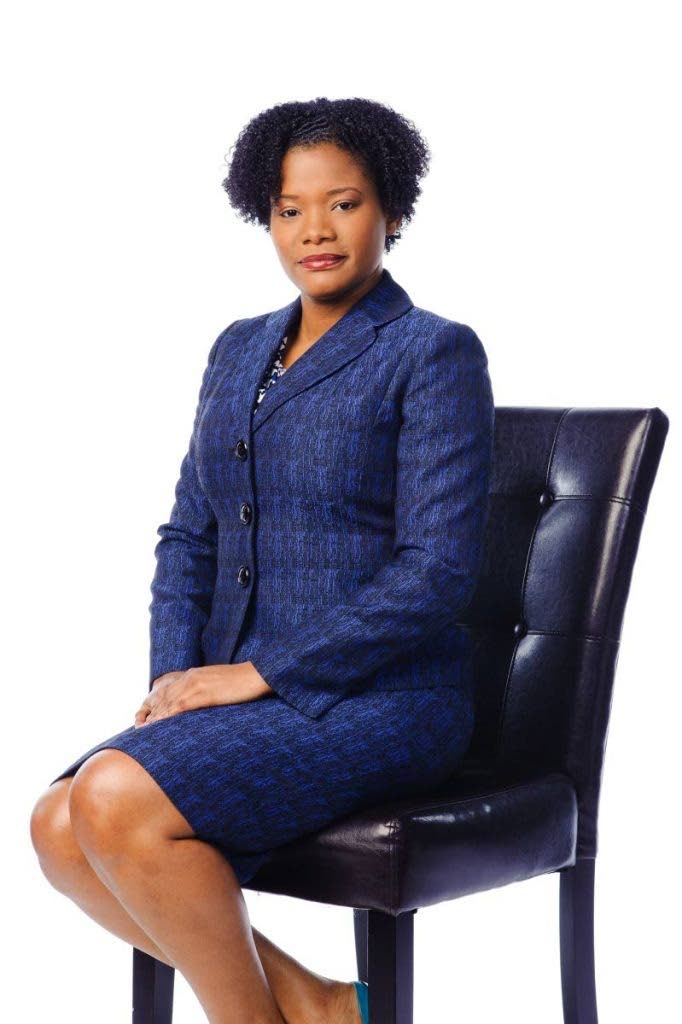
She pointed out, too: “When you assess the length of the boys' hair, it is obvious that they have been growing it for quite some time. That length is not achieved overnight. School rules should not only be enforced at graduation.”
Mills wondered if they were being punished because of their accomplishments, and expressed disappointment that such discrimination still occurs in 2023. She emphasised the need for intervention by the Ministry of Education to prevent further discrimination, saying school rules should be enforced consistently, not just at graduation.
Mills also highlighted the importance of addressing the issue as a society and involving organisations like the PTA, TTUTA, and the Ministry of Education to develop a unified policy and hold dialogue with the wider population.
She noted that hair discrimination affects not only the African community but also the country's significant mixed population.
As the founder of the Natural Hair Health and Beauty Show, Mills focuses on promoting self-love and healthy hair care. She advised against the use of chemical relaxers, tight braiding, and weaving, as they contribute to hair loss. She stressed the need for self-acceptance – and emphasised that much of the discrimination against black hair comes from within the African hair community itself.
“You would not believe the dismay on many faces wondering how they will manage or look with their natural hair. This is why self-love and acceptance is our focus.”
Mills pointed out that the lack of celebration of Africanism is due to years of conditioning that deemed natural hair unacceptable.
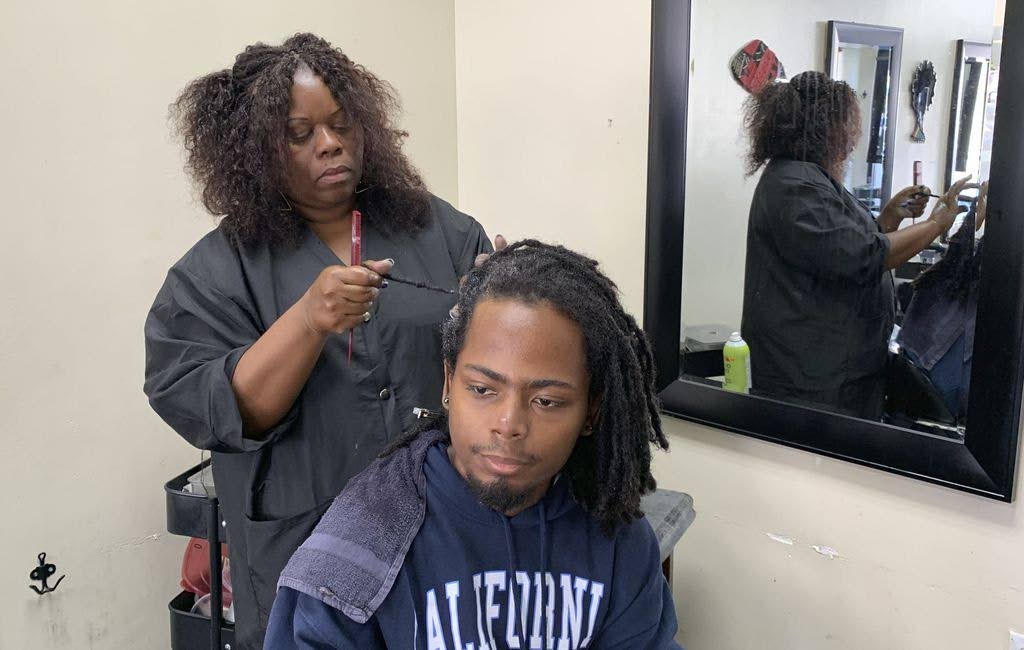
However, she expressed optimism as the younger generation stands up for their natural hair and challenges the notion that it cannot be professional-looking. While there has always been discrimination, Mills noted a positive shift over the past decade, with more individuals in positions of influence embracing natural hairstyles.
However, she said altering the outdated cosmetology school curriculum, which neglects natural hair care and styling, presents a significant challenge.
Her organisation has been active for 12 years and will mark TT's 30th Natural Hair, Health and Beauty Show on July 30.
Mills believes change should begin with individuals themselves, emphasising the importance of educating children at home and in schools. She urged parents to choose dolls that look like their children, and expressed concerns about mothers relaxing their children's hair at a young age, leading to severe hair loss issues.
“I have mothers bringing their daughters from as young as three years old with severe traction alopecia. How does this even happen? It is irresponsible and unacceptable.
"This is why I say this challenge cannot be fixed overnight.”

Mills emphasised the need for a standard policy that applies to all schools and also suggested that discrimination sometimes arises within the African community itself.
“When persons complain that their boss has issues with their hair, it has always been a boss that looks just like them. This is why acceptance is key.
Many such people, she said, "are older and were cultured differently. They were never told as children that your hair is lovely. They were led to believe that their hair needed to be altered to become beautiful."
She also lamented, “We do not have a culture in Trinidad that will stand together and protest for injustices like this. This is something that the society as a whole needs to address and not just one group of people.”
Therapist: Serious consequences can follow
Psychotherapist Sule Joseph shared some insights on how people can cope with issues related to hair discrimination.
Speaking to Newsday last Thursday, Joseph emphasised that the damage caused by such discrimination cannot be reversed, and may lead to a phenomenon known as ethnic dysphoria.
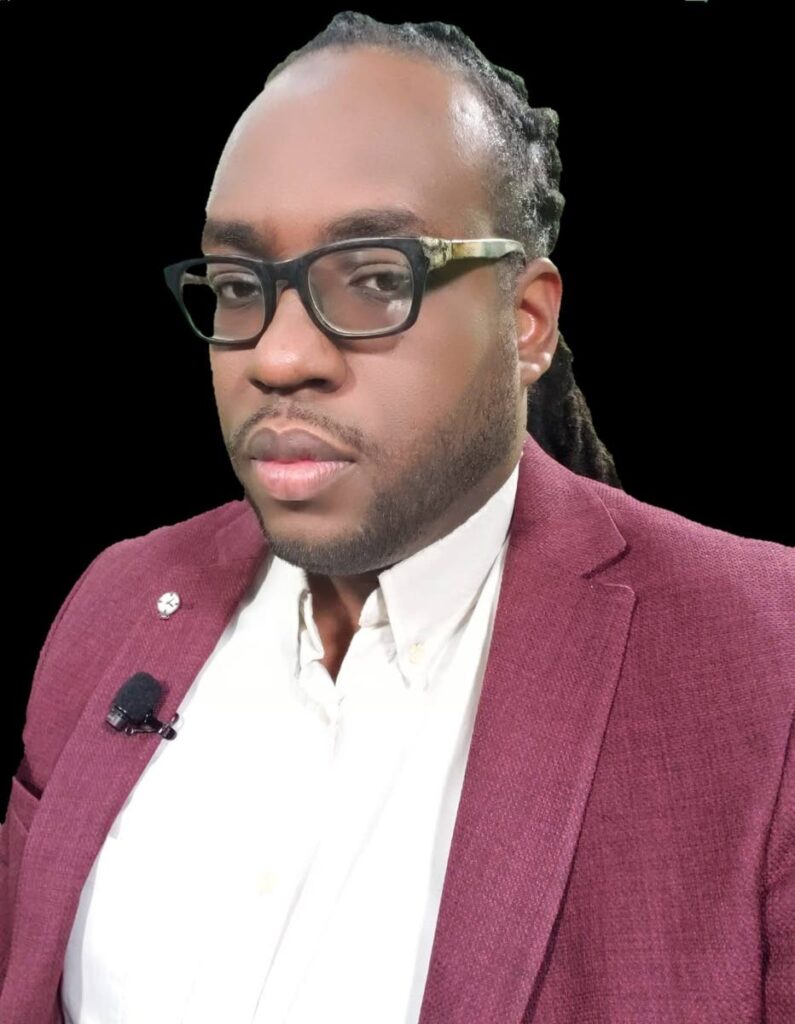
This refers to a situation in which individuals develop a dislike for certain aspects of themselves and strive to emulate characteristics of a different ethnicity that they perceive as more socially acceptable. As a consequence, they may change their hair and skin to conform to societal expectations.
This pressure to conform can have severe psychological implications, including depression and self-hate.
Joseph explained that individuals may associate particular hairstyles with specific behaviours or unwanted characteristics, leading to discrimination. For instance, someone might cross the street to avoid someone with a particular hairstyle, or their preferences may be influenced by cultural conditioning.
Children who choose to keep their natural hairstyles or express their identity through their hair may be labelled rebellious or troublemakers – causing them to adopt these roles and behave accordingly.
Accepting and navigating the conflict between one's identity and societal norms can lead to various psychological issues, including low self-esteem.

While Joseph suggests that the depression experienced by children owing to schools enforcing strict hair rules might not be significant, it is still possible and can contribute to ethnic dysphoria.
Joseph warns that the long-term psychological consequences of hair discrimination can be detrimental, affecting personality and character development later in life. In addition to depression and low self-esteem, people may develop victim psychosis, and constantly feel persecuted or targeted by others. This can sometimes lead to substance abuse or a constant rebellious attitude towards authority.
In response to these challenges, Joseph recommends the establishment of support networks and structures to help those grappling with hair discrimination. Seeking assistance from mental health professionals or having someone to confide in can be beneficial.
It is also crucial, he said, for people to develop their own coping strategies and mechanisms to navigate these experiences. Reinforcing self-esteem and self-concept is also important to prevent those affected from feeling permanently marginalised and struggling with issues of self-worth.
He regretted that the institution of the new guidelines was triggered by the graduation incident.
“I am happy that this issue has come to some level of national resolution.
"I'm not sure I agree with the method of the original protest action, but I can't argue with its results. I'm pleased also with the seriousness (with) which the minister and ministry have taken this issue and brought swift resolution.”
Joseph invited the affected students of Trinity College who may still feel they are experiencing emotional/psychological fallout to reach out to him.


Comments
"‘Address the root cause of hair discrimination’"